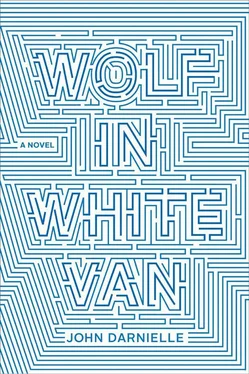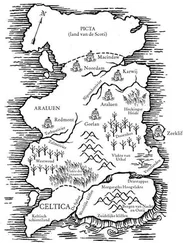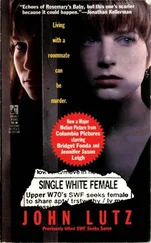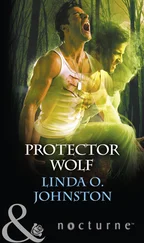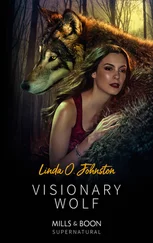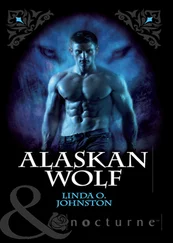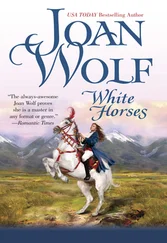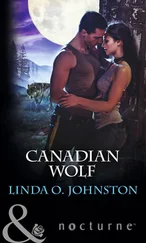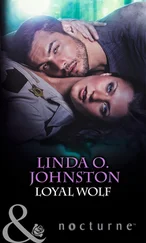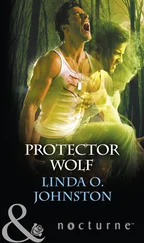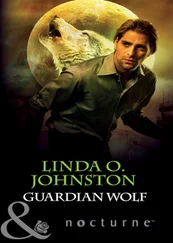“Dad, I’m sorry,” I said. Nothing. “Hard to know …” I had no idea how to finish that thought.
“It is hard,” he said. “Your grandmother … that was my mother.”
It was a simple truth, something self-apparent. Something somebody might point out to you in kindergarten: when your dad was little, your grandmother was just his mom. Like looking at a 9 upside-down. I pictured my dad as a teenager: hair combed straight and parted on the side, head cocked at the direction of a portrait studio photographer. Big smile and a far-off gaze. “Dad, I am so, so sorry,” I said, and I could see the distance from the rim of the tower to the ground, all that wasted Kansas plain going on and on forever, soaking up daylight and cooling to an inky black at night that spreads out uninterrupted for so long that eventually you can’t see any tower at all.
I let people play for free in the early days. It was hard for me to imagine anybody signing up for a subscription without having gone through the first few passes, so I took out a dozen ads, some in bigger magazines, some in tiny self-published things I’d found at the comic store. The smaller ones sometimes didn’t re-set my type: they’d just shrink it a little, and when it ran, it looked just like it had when I’d stuffed it into an envelope at my desk. NEW BY-MAIL GAME — DEADLY FUTURE/IRRADIATED WORLD. FIGHT TO SURVIVE IN SEARCH OF THE TRACE ITALIAN, my copy read. PLAY FOUR TURNS FREE. SEND FOUR SELF-ADDRESSED STAMPED ENVELOPES TO: FOCUS GAMES, BOX 750-F, MONTCLAIR CA 91762. The F stood for The Magazine of Fantasy and Science Fiction ; if the ad ran in Analog , I’d use A. Somewhere I’d read that this was a way to keep track of which ads brought in more business, but that wasn’t why I did it. I just thought there was something cool about using different box numbers for different places, something trivially arcane.
If you don’t get drawn in by the free turns, you’re not likely to keep playing, so I came up with the idea of putting players in classes, like when you’re a kid outside playing and you’re either a cop or a robber. But I didn’t want there to be teams, because the problem with cops and robbers had always been that there was no scope to the action. It was basically just hide and seek; I wanted to be a robber who killed his victims, or the robber with X-ray eyes, or the one who could walk through walls and ends up in a special jail designed just for him. I wanted cops and robbers to last beyond the apprehension of the suspect. If we were playing cowboys and Indians all I could think about was how the actual point of the game was for one team to murder everybody on the other, and how the winners could be riding off covered in blood, which was how they’d look when they ran across somebody who hadn’t been in the battle, and they’d have to explain themselves.
What I came up with for the Trace was elegant, I think, and simpler in function than it felt like in play. The first two turns led directly to a fork in the road, and that branched out onto three or four different paths. Three or four in my first, crudest pass: then six paths, then eight. As many as I could stand. The hub of the third turn would be an immense wheel, and you’d pick a spoke that would determine the course of the rest of your life. I saw stars when I thought about it. Usually when people stand at an intersection like the third turn hub they’re not conscious of their position: they don’t know where, in the course of their lives, they stand.
In the Trace you know. I made it clear in the text that this was a decisive moment, even in the original draft: You sense you’re no longer alone in the old movie house, then you hear people knocking things over out in the lobby. On the floor you crawl through the dark, from your seat in the front row toward the glowing green EXIT sign. Bits of rotting carpet flake off beneath your fingernails. You’re almost to the door down the hallway when you fall through the floor. ALL CLANS IN BIG WAYSTATION ROOM UNDERNEATH THE THEATER, I wrote excitedly in my sky-blue Mead notebook when I got the idea. ONE CLAN EACH CORNER, ONE MIDDLE OF ROOM, WARRIOR CLAN AT FURNACE?? These early drafts were always full of excited possibilities; they were written without outlines or diagrams, you can see them taking shape as they go.
You have to lie still until the militia leaves: you can hear them upstairs, sweeping the theater, knocking stuff over, pulling down drapes. You get a few pages describing the people around you down there in the basement: how they’re dressed, whether they look friendly or smart or mean or well-armed or hungry. At the end of the turn, your choice is open: It is late and your eyes are heavy; you’ll have to sleep here. Which group will you join?
At that point you have to boil down your decision to some descriptive term of your own choosing based on what you’ve read about the other people in the room, who’ve been sketched in groups — the ones crouched around a space heater, the ones hunched over an old road atlas. It works every time; I never have to explain. When a player writes back after the movie theater raid, I read what he says, and then I go to the files and I pick out a path. The total number of clans is infinite, but there are only sixteen paths, identified by Roman numerals, because people like the kid I used to be have always really liked Roman numerals. Beyond those are sixteen more I never assign, because they lead nowhere. They are unfinished, dead ends.
To the player, of course, the path is invisible. The point of the night spent underneath the theater for the player is to find out who he is. But the people he meets down there — the clan with which he becomes identified for the rest of his life in the game — will all be killed within a turn or two, or else he’ll get separated from them in the rail yard, or they’ll all find the surface by daytime and eat cactus and go insane while the player, who wasn’t hungry, has to watch. Something will happen. When it does, he’s left with a name that he picked, a way of identifying himself. “I join the warlords,” somebody will write in response to this turn, and then the next week, in an envelope he addressed to himself, he’ll get a small card, like an old library card, on stiff mottled gray card stock: CLAN WARLORD, it will say in my weak imitation calligraphy. All rights and privileges in smaller script underneath.
I personally don’t play. I can’t. I wouldn’t really want to, either, I guess. But I do have a card of my own, which sits in the front drawer of my desk. I’m clan seeker/digger. It’s Path IV, the one that ends up sticking to the foothills along a semi-northward pass. The first player ever to head down it wrote in and said, I go over to the seeker/diggers : he meant the group with the army bags full of tools, the ones who’d commandeered the film screen and were using it as a tarp. I wrote out a card that said CLAN SEEKER/DIGGER, but that didn’t look right, so I made him up a new one that said SCOUT, and then I kept his original card for myself. I have to admit that I like and am pretty self-satisfied with my position as the only member of this sublimated clan. The one-man clan who exists only in rough draft. The player with a clan but no path. Scepter-wielding king of the class-A seeker/diggers.
In the metal drawers where the gears of the Trace are housed I keep a stray file that’s really only there for motivation. It holds about a dozen pages, delinquent bits and pieces from lost time before their then-unknown predicate had been identified. I could pin everything inside it to a single corkboard and hang it on the wall near my desk; I feel like that’s what most people would do. It’s good knowing it’s in the drawer, this one file, at arm’s reach but hidden away in the dark back behind the more important things.
Читать дальше
